ADHD Types
There are three main ADHD types. Having one type of ADHD doesn’t mean that you don’t have any problem with the other types. Every ADHDer struggles with possibly all of the symptoms of ADHD, whether all the time, or specific ones at different points in their life.
This is part 2 of a 3-part series by our oldest daughter Rook. Read Part 1 here.

This post contains affiliate links. As an Amazon Associate I earn from qualifying purchases made from the links on this site, at no extra cost to you. Thanks for supporting our family business!
The basic ADHD types are:
1. Hyperactive (Impulsive) ADHD Type
2. Inattentive (and distractible): used to be called ADD
3. Combined type
I think my favorite illustration of the three ADHD types is from a brilliant creator called ADHD Alien. She makes amazing drawings and comics about: what it’s like to have ADHD; problems we ADHDers struggle with and solutions for them; and also just really funny ones about life with ADHD.
Table of Contents
Hyperactive (Impulsive) ADHD Type
Important note: Although I do have this type of ADHD, I also have a lot of trauma from: growing up in unsafe situations for at least 7 years of my life; being a pastor’s kid for around 14 years of my life; and having undiagnosed ADHD for 12 years. So some of my experiences are colored by the way I grew up and learned.
Stereotypes for girls
Due to stereotypes, I would say a lot of younger girls feel pressure to be like Mary Ingalls (from the Little House series) and the Disney princesses, especially when they don’t learn much about women who weren’t like that at all and were amazing for it.

As an ADHDer with the hyperactive-impulsive type as a girl, I was super obvious in my childhood years. But as I grew up, I felt a lot of societal gender norms on me.
It didn’t help that my previous church supported those stereotypes. Adults were always reminding me that children and women were to submit to their husbands and fathers. Looking back on it now, I absorbed many ideas that most people recognize to be old-fashioned which were accepted and subtly put into practice.
Masking my ADHD
But back to hyperactive-impulsive type. In my experience, women with hyperactive-impulsive type ADHD learn that the way their brains work is morally wrong, and against everything society stands for, so they try to adapt themselves to society’s standard.
@dinkumtribe ADHD masking. #adhdmask #adhdmasking #adhdfamilies #adhdfamilytravel #adhdfamilyissues #adhdparentquestions #adhdfamilylife #adhdparentingproblems #adhdkiddos #adhdtiktok #adhddecisions #adhdlifestyle #dinkumtribe_adhd #adhdmedicine #adhdmedications ♬ original sound – dinkumtribe
I did that so well that I was actually the third to be diagnosed as having ADHD in my family (of the 4 people who we know have it). Like many other ADHDers, I masked my symptoms because I had to. It was the only way for me to survive and feel happy and successful.
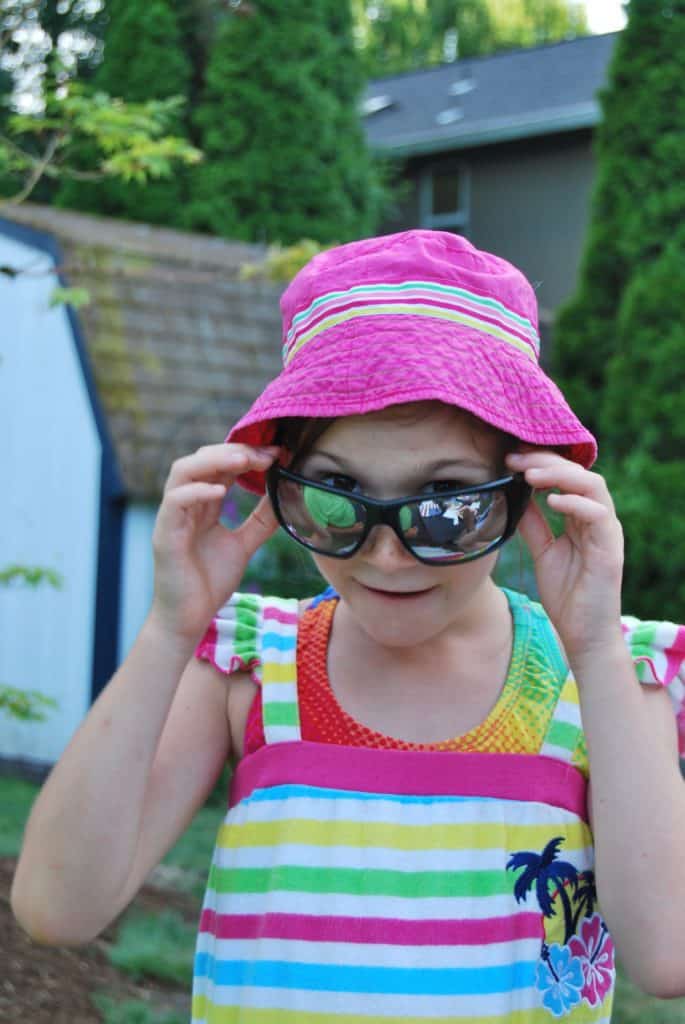
As a teenager, I continue to struggle with discovering other ways that I have masked my ADHD. I also tend to hold myself to a neurotypical standard that I, as an ADHDer (whose brain is literally built differently and works differently) can’t actually attain. Here’s a comic from ADHD Alien that expresses it well.
Struggles Growing up with Hyperactive ADHD
Here’s some of the things that have come up for me while growing up with this type.
I have a lot of trouble sleeping when I do not get enough real exercise (like, 45 minutes or more). This has been something I have always struggled with, but especially in my older years as I’ve gotten more and more work inside the house.
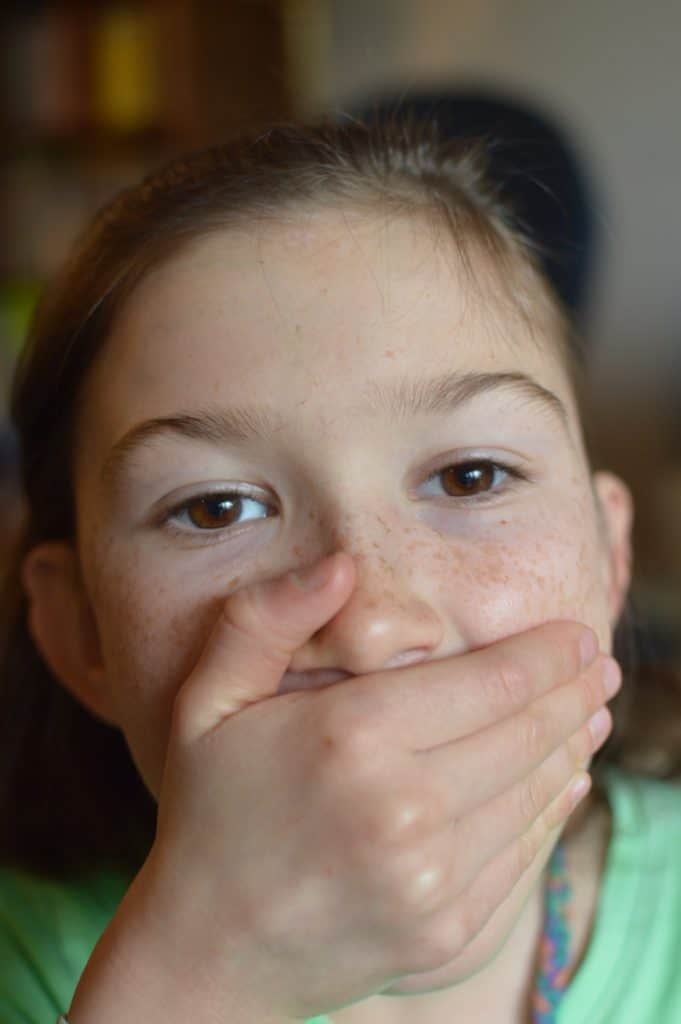
As a child, I had a really hard time thinking before I spoke or acted. This caused a lot of trouble and I had adults quoting verses at me about controlling my tongue and being slow to anger.
Teen Life with Hyperactive ADHD
I still struggle with this, but due to masking and tons of practice, my impulsivity now shows itself in other ways besides, “Hey let’s paint a wall with crayons!” or something.
For example, I tend to seriously overbook myself. Also I frequently start new projects and never finish them. I get super excited to do the new projects and so I forget that projects take time and energy.
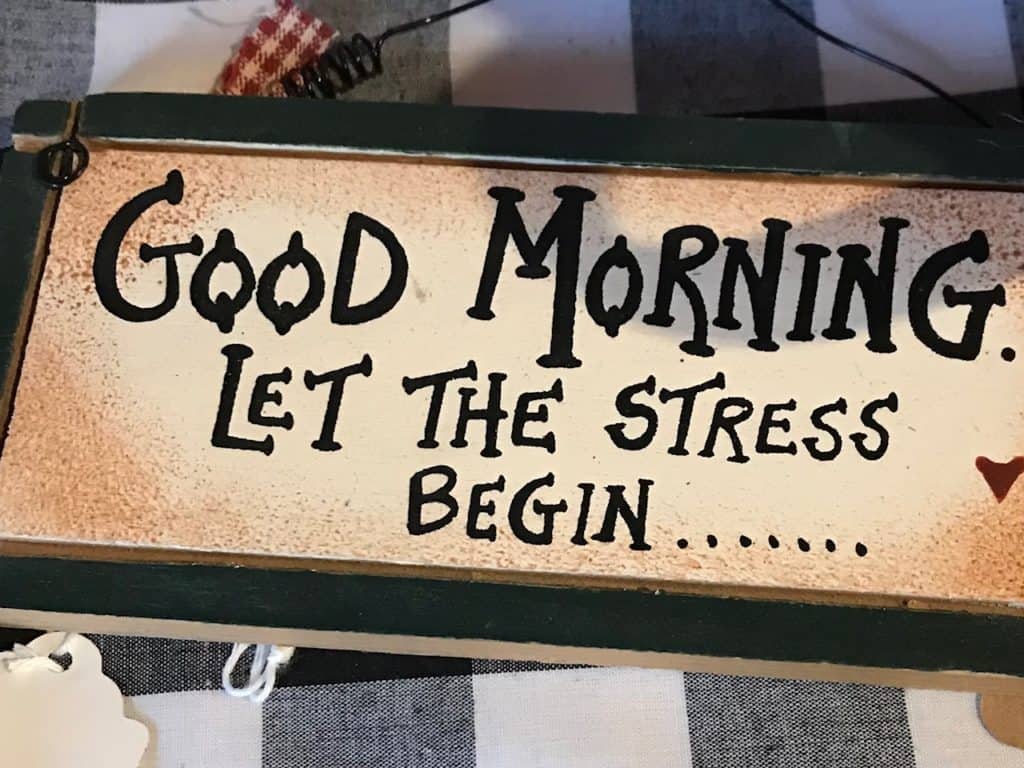
Often I spend time on random things because my brain just hops from one thing to the next, with the belief that “They’re all important!”
I have many strong emotions (that’s a general ADHD trait, not just hyperactive ADHD). My biggest ones are in-the-moment anger, fear, boredom, and sometimes sadness.
No Boredom Allowed!
Boredom, coincidentally, is something our brains cannot tolerate. They just can’t. I have tried, and if I am completely bored (which is rare), it’s scary. It feels like my brain is breaking and the whole world just went kersplat!
I fidget and move a lot, whether it’s pacing back and forth, wandering around, or bouncing my knee. I still struggle with problems related to my hyperactivity and impulsivity because I was left undiagnosed for 12 years. So most of these problems were just masked and not actually handled.
Relationship Challenges

I have a hard time listening to others when they say no, and actually saying no to other people (though I have gotten better). I still say rather brainless things at points (especially at night, when I’m having a strong emotion, or when my medicine is off).
Forgetfulness
I forget things, like rules for a game, or, more often, get the rules mixed up. I have so much energy and so many ideas and thoughts running through my brain at once, that I tend to be insensitive to other people’s feelings and needs sometimes.
@dinkumtribe ADHD family counseling. #adhdfamilies #adhdfamilytravel #familytravelblog #adhdfamilyissues #adhdfamilylife #adhdparentquestions #adhdparentingproblems #adhdtiktok #adhdkiddos #adhddecisions #adhdlifestyle #dinkumtribe_adhd #mentalhealthisveryimportant #adhdcounselor #therapyforall #adhdtherapy #adhdtherapy #familywithadhd #adhdthefemaleexperience ♬ original sound – dinkumtribe
Example A being when I wake up and bounce downstairs and forget that other people are sleeping. Also, I miss a lot of social cues because well they are not obvious when I’m not looking for them. And to be honest, I completely forget to do that! Also, I don’t think social cues were made for ADHD.
Sometimes I’m still not sure what parts are mostly ADHD and what parts are mostly just how I am yet. I don’t think I ever will be 100% certain on that point.
Why Getting An ADHD Diagnosis is Vital
And now it is time for one of the topics I am quite passionate about when it comes to ADHD: Diagnoses, or rather, lack thereof.

Now, some of you might say “Hmm, is an ADHD Diagnosis really necessary? It sounds like stuff everyone deals with at some point in their life? Is ADHD really a thing, and if we are assuming it is, does it really need a diagnosis? I mean, it sounds easy to distinguish, just look for the ones who are bouncy balls of energy or in their own little world 100% of the time, right?”
Nope. Believe me, ADHD diagnoses are definitely vital.
Similar Symptoms, Different Reasons
Why? Well, ADHD has several symptoms that can be found in other disorders in combination with symptoms unrelated to ADHD. So sure, you may have a few things that sound like ADHD, but that could also end up being something else entirely (trauma, anxiety, etc.).
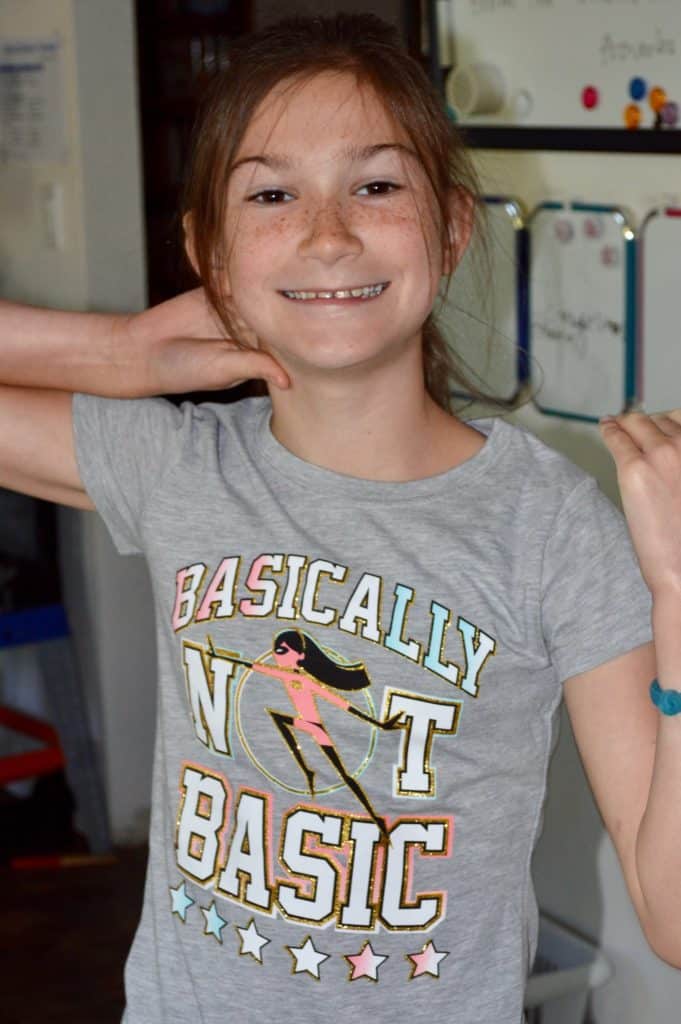
ADHD is made up of all the symptoms put together, not just a few selected symptoms (although it can start out like that on the surface).
Comorbidities (ADHD’s “friends”)
It is also important to note that ADHD tends to bring some “friends” along too, which means that you can have ADHD and something else. I, for example, have ADHD, anxiety, and trauma. Some of that is from my ADHD, some of it is just me.
@dinkumtribe ADHD Family Diagnosis: Why a professional diagnosis is important. #adhdfamilyissues #adhdfamilylife #adhdfamilies #adhdparentquestions #adhdteenager #dinkumtribe_adhd #travelwithkidsblog #adhdtraveler #howtoadhdmom #adhddadlife #ouradhdjourney ♬ original sound – dinkumtribe
It is crucial that, if we are treating ADHD, we treat both the things that ADHD brings along and affects (trauma, anxiety, depression, etc.) and the ADHD itself.
But possibly the most important reason is this: going undiagnosed as an ADHDer is hard, and it hurts.
The Painful Truth
ADHD is something you can’t go through healthily on your own without a diagnosis. You can’t cure a sickness if you don’t even know what a person is sick with. Similarly, you can’t go through life with ADHD if you don’t know you have it. ADHD is the way your brain is made. It is made differently, it works differently.
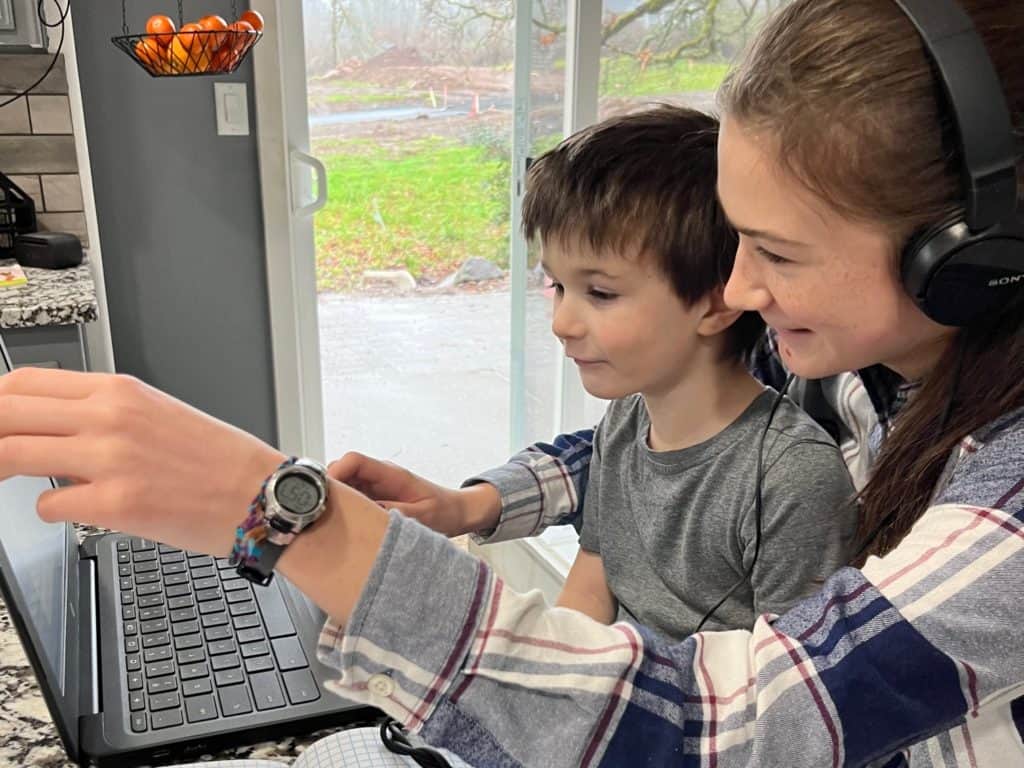
Our brains are how we do anything and how we process the world. If your brain works differently, you can’t go through the world in the same way as everyone else. Your brain is how you do everything, and if it’s built differently, it’s going to work differently.
The world is built for people with one type of brain. As long as you force someone whose brain works differently to do everything the way that typical people’s brains work, you are going to have a person who feels like they are nothing and will never succeed.
A Note From Mom (Jenn)
(The following section contains my oldest daughter’s raw emotions, and I have only minimally edited them for clarity. As a parent, one of my biggest regrets is that I didn’t pursue a diagnosis for my children as soon as I began to suspect it. Instead, I listened to others who I thought knew my child better than I did and seemed to be wiser parents.
We have made plenty of parenting mistakes, and as we have become aware of them, we try to do better.
@dinkumtribe Parenting is hard, and mistakes are frequent. #parentinglessons #momlesson101 #dadlessons #howtobeagoodmom #forgivingyourself #knowbetterdobetterbebetter #adhdfamilies #dinkumtribe_daily #familytravelblog ♬ a thousand years (lullaby) – christina perri
As a family, we are working through the pain and trauma we (parents) caused, and have also left the church setting that greatly contributed to my daughter’s trauma and pain. We can’t undo what has happened, but we can share our experience in the hope that others will be able to avoid similar issues.) And now, back to Rook’s account.
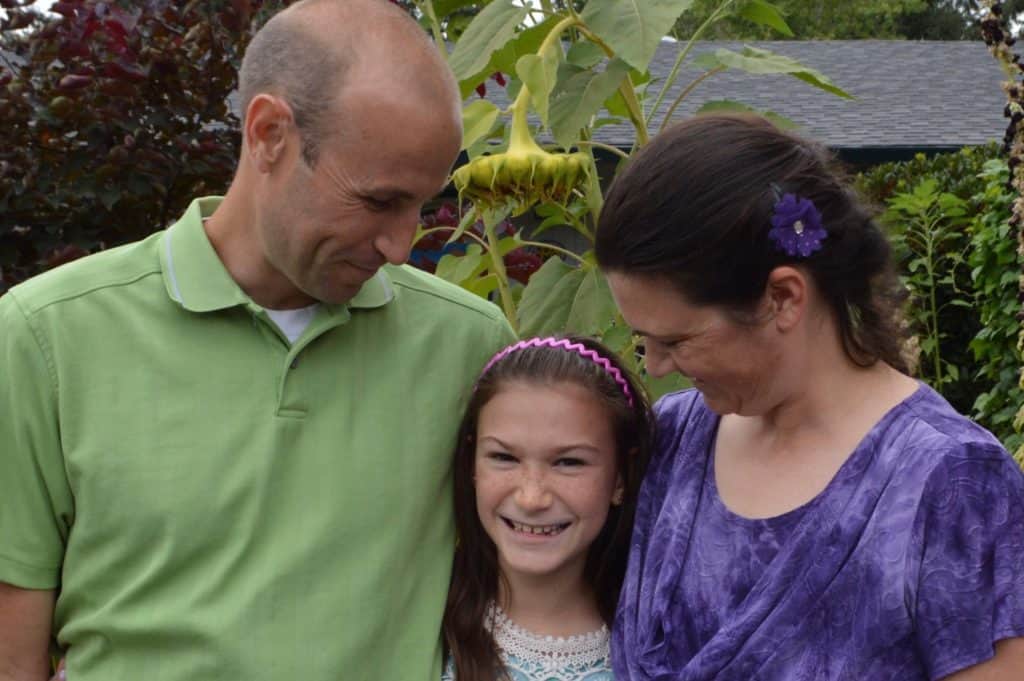
Feeling “Never Enough”
Going undiagnosed is one of the hardest things to go through as a person with ADHD. You try and you try and you try to be everything they want you to be. You struggle to do it all the “right” way, to be just like everyone else and live up to everyone else’s standards, all while being built completely differently.
When you go through enough of that, it breaks you.
I spent most of my life trying to be everything I was asked to be, to do everything the way that I was supposed to, to hit the bar that others set for me.

I can’t tell you the hours I spent holding back everything inside of me as I was asked why I constantly messed this up, why I couldn’t do better, why this was this and that was that.
What I Learned
I learned that clearly all I was was a lazy, selfish, good-for-nothing, terrible, disrespectful, inept, disobedient, foolish idiot of a girl, who could never be enough and never satisfy the criteria. Yet, by some messed-up logic, I was expected to be even better than others– even though I was already declared unable to hit the standards.
I can’t tell you the hours of tears and anger, sadness and pain that I went through. The thousands of times I hated the fact that I couldn’t get this and didn’t know why. The fact that I could never be the person they wanted, and the hatred I felt towards myself. All while still loving and hugging and telling myself that it wasn’t my fault.
Two Sides
This is something I’ve said, and I think others might appreciate it. I feel like there are 2 sides to me:
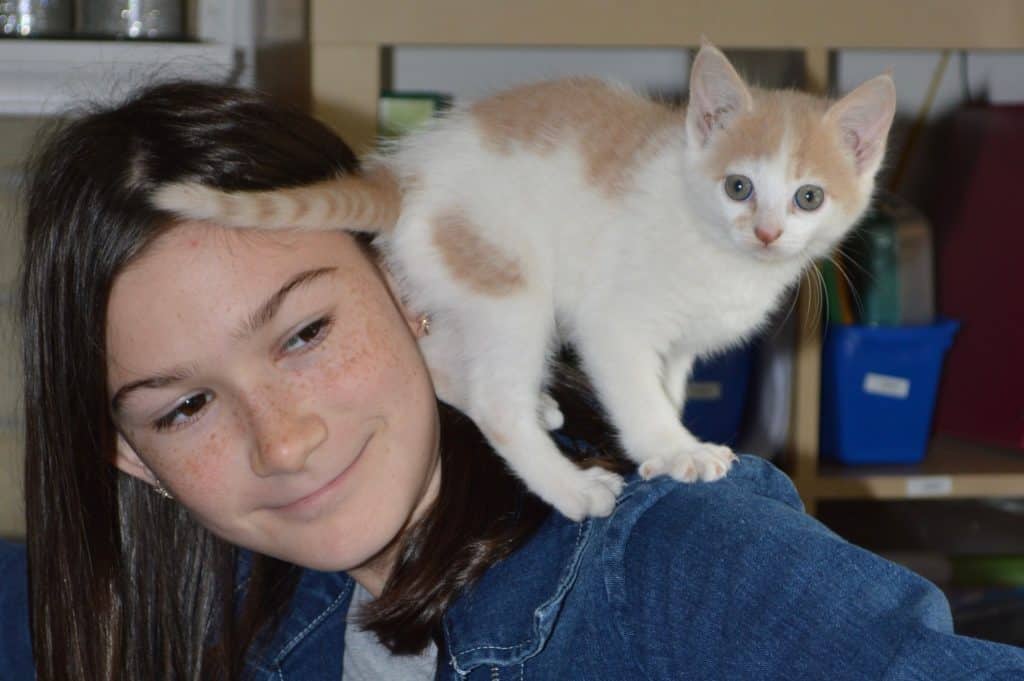
There’s the side that cries, who hated that I was never able to do those things, who broke down inside of me every time I was called those names.
The girl who still hopes, who still works, who gets up and tries again every time, but still breaks down and sobs every time I fail, because it reminds me I will never, ever be anything more than what I was told, that I will always fail, mess up, and ruin everything in my path, but tries anyway, even though it hurts.
And there’s the girl who stands up in righteous anger at the lies I’ve learned, who would easily have a shout out with the people who told me that. The girl who hugs the crying, whimpering, bloody Rook, and tells her the truth that I learned somehow (despite never being told). That I was never a failure, that they were wrong.
What I Now Know
I am not selfish, I am not lazy, I am not an idiot or a fool, I am not disobedient or rebellious, I am not good-for-nothing.
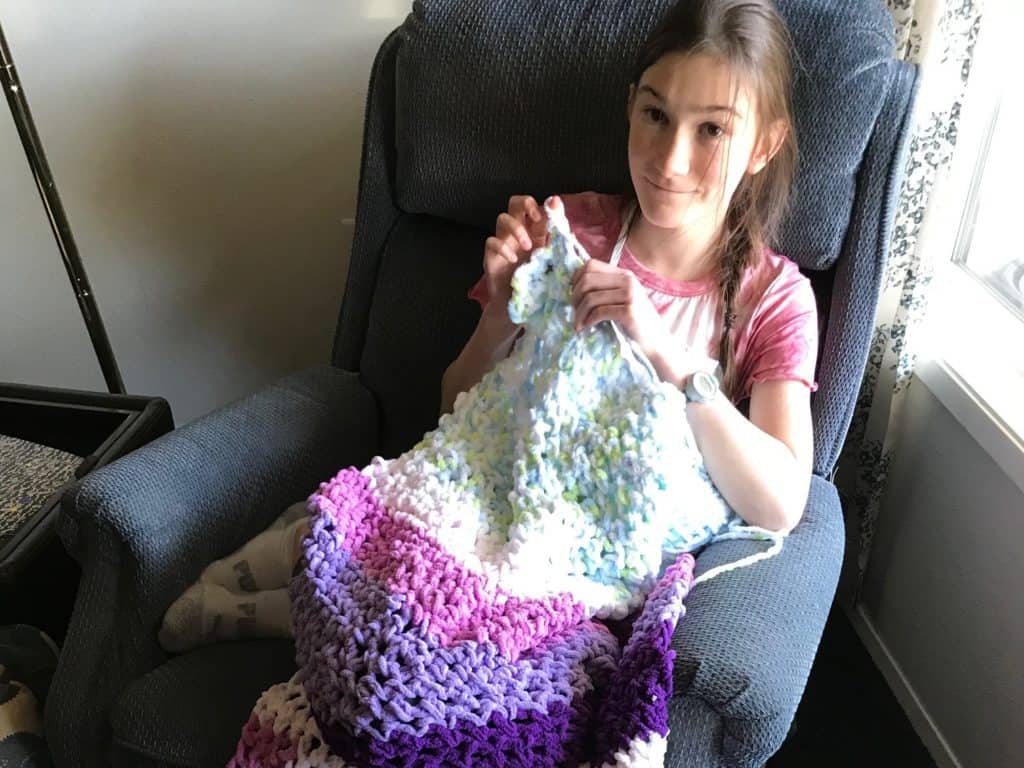
I am amazing, beautiful, fantastic. What’s more, I am hard worker; a person who cares deeply for others; respects and admires others. I am a genius, I am brilliant, wise, clever. I fight for what is right, I get back up and keep trying, and I am obedient, when it is the right thing to do.
The Struggle Continues
I never really completely believed that I was everything they said, because I knew that I wasn’t. I am the person who inhabits this body, and although I may not know everything about me and I may be mistaken at points, I knew then and I know now deep down in my soul that I am none of those things. But it hurts.
I still remember those beliefs, and I still struggle with them. Which is why, with every fiber of my being, I believe and fervently stress the importance of getting diagnosed. No one should ever have to go through that. I don’t even know how I survived and continued, and I don’t want anyone to ever have to go through that, when they could easily avoid it.

Getting diagnosed is vital, not only for the sake of other people and for the sake of treating ADHD, but because living with undiagnosed ADHD is something that no one should have to go through. It’s not fair to anyone, especially not those with the hyperactive ADHD type.
-Rook
A Mom’s Perspective on Diagnosis
Reading Rook’s account of what life was like for her before she knew about her ADHD is heartbreaking. I grieve the role that I played in contributing to the lies she believed about herself. She should never have been given those hurtful messages, whether directly or indirectly.
Hindsight is 20/20. Before we officially got our ADHD diagnoses, I wondered if having a diagnosis would make our kids feel “less-than” or make them feel like they were “weird”. But as Rook points out, she got those ideas in spite of my efforts to shelter her from them.
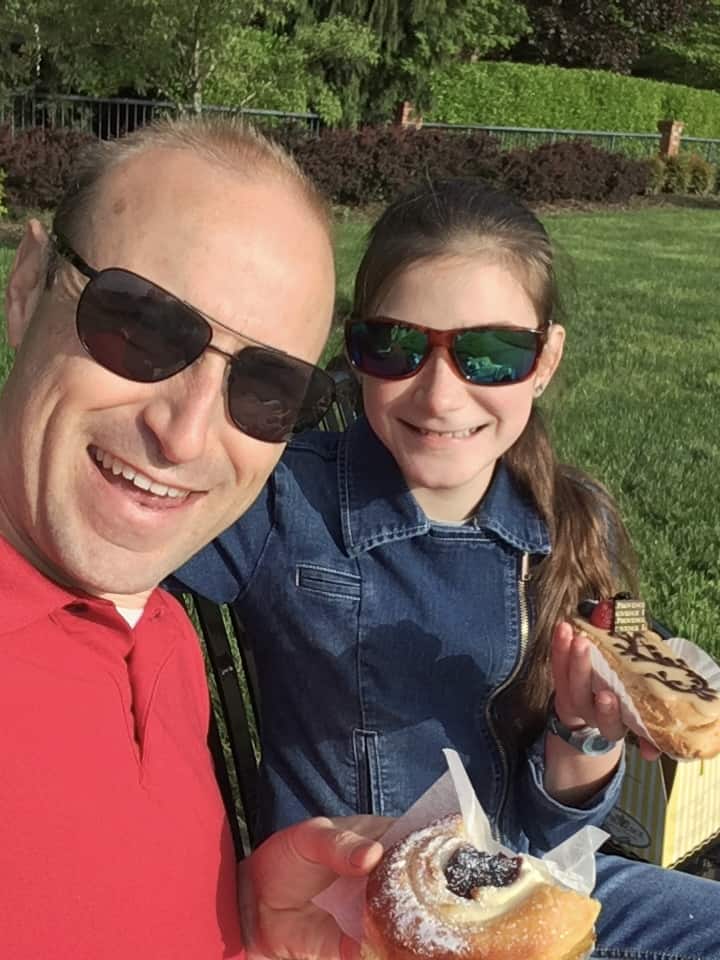
Getting an ADHD diagnosis validated Rook’s experience, and allowed her to begin to understand herself. It also helps her now to see what things she is responsible for, and what things are based on faulty expectations from others, or from society in general.
© Copyright Rook Dinkum and Jennifer D. Warren 2022.
In her next post, Rook will wrap up her experience with ADHD and go into more details on some of the unique characteristics of life with ADHD.
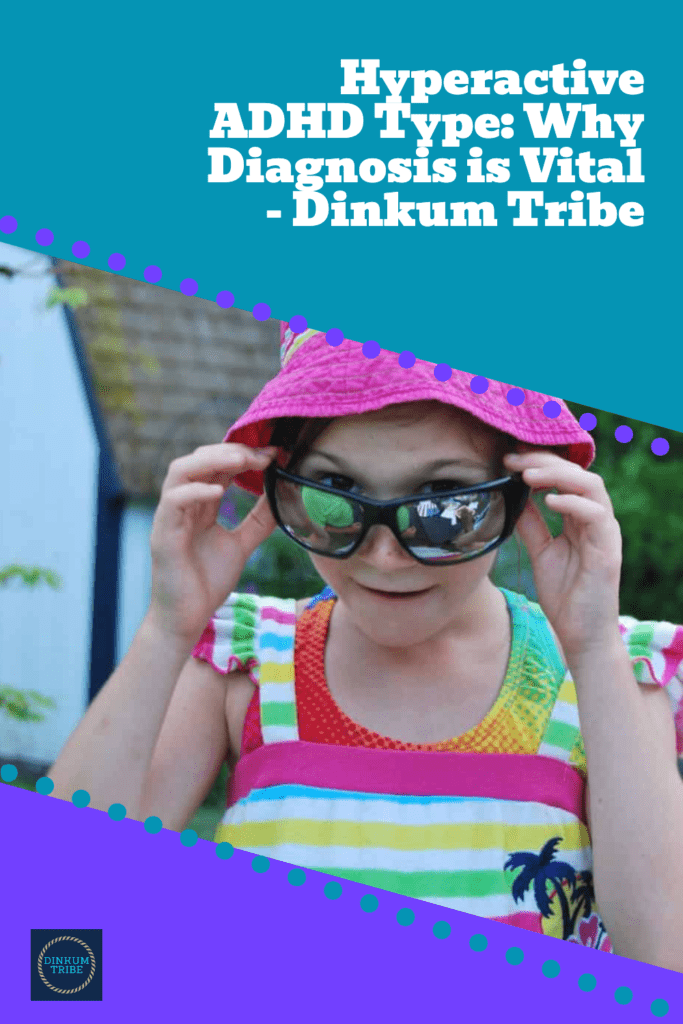
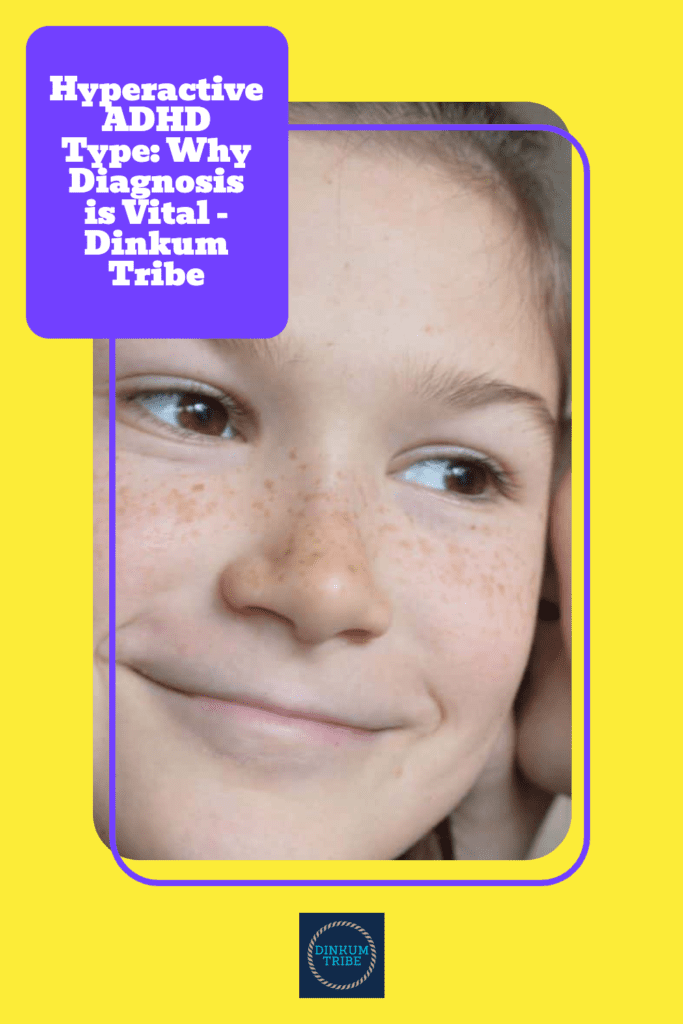
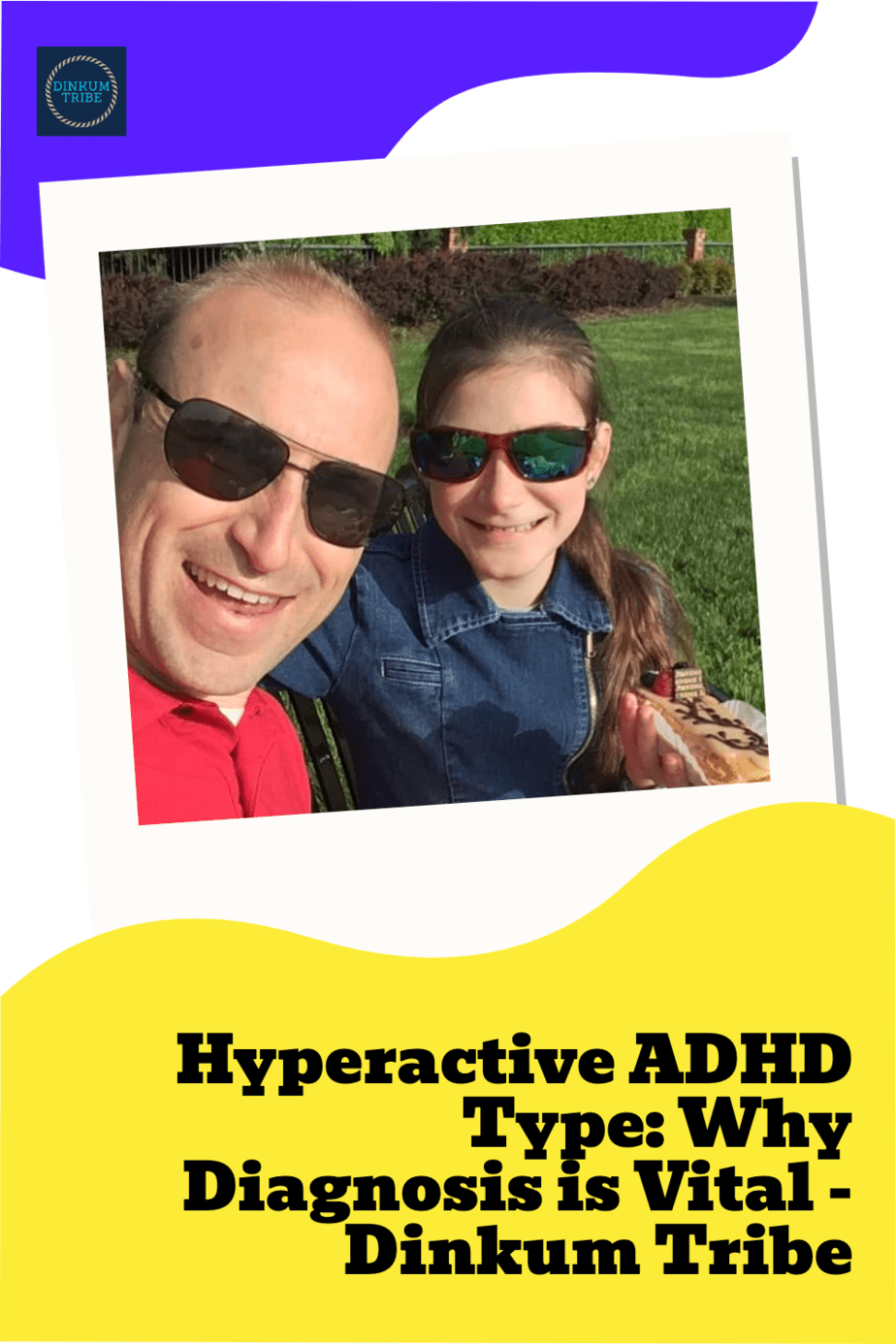
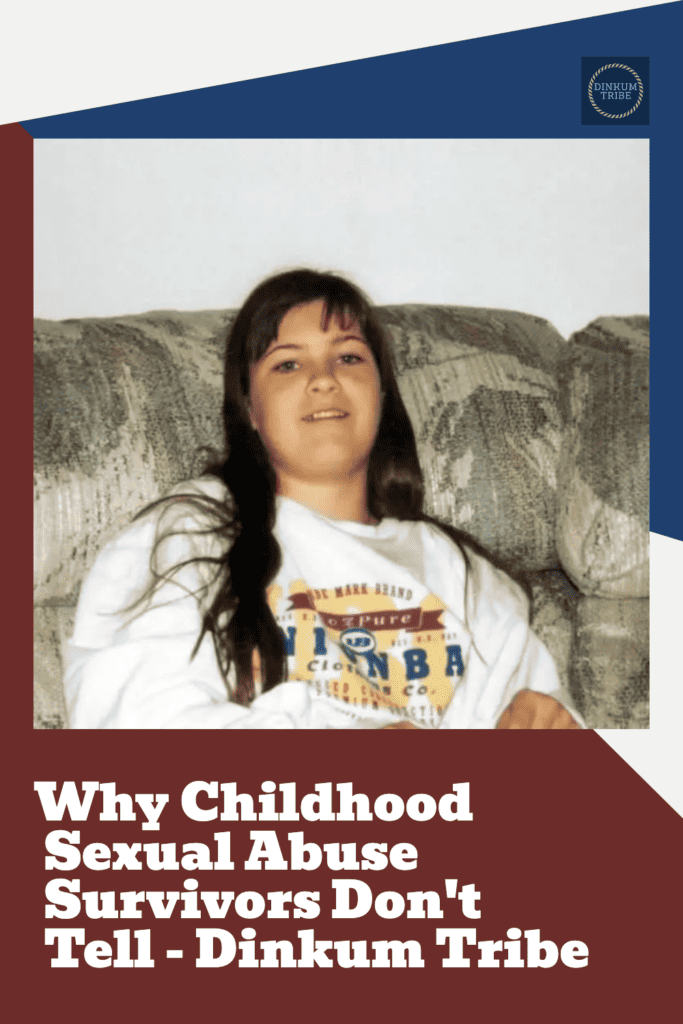
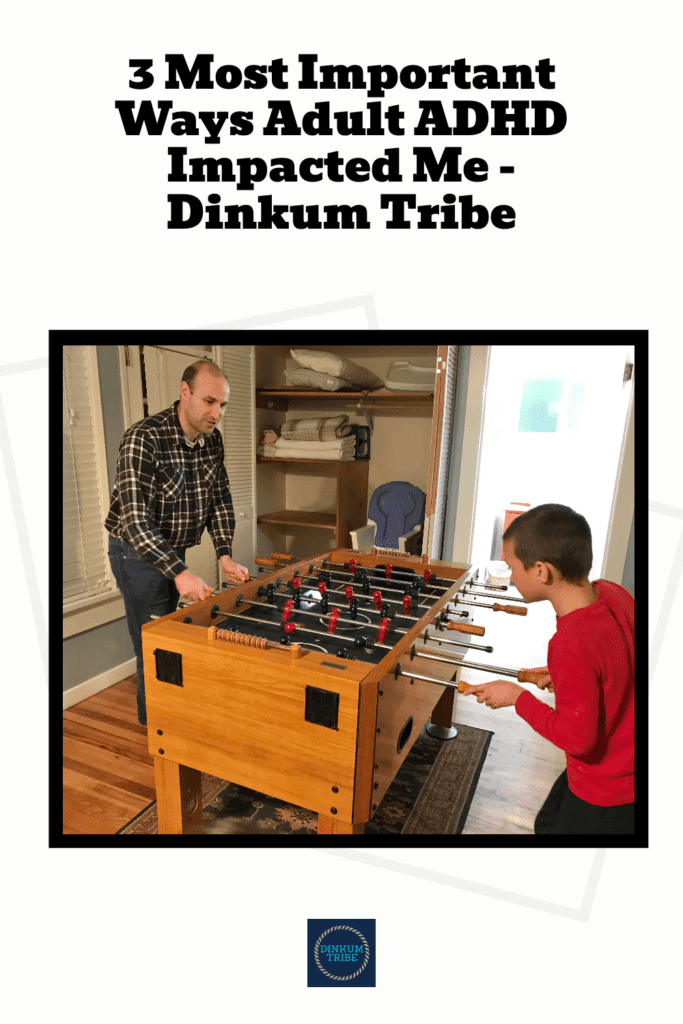
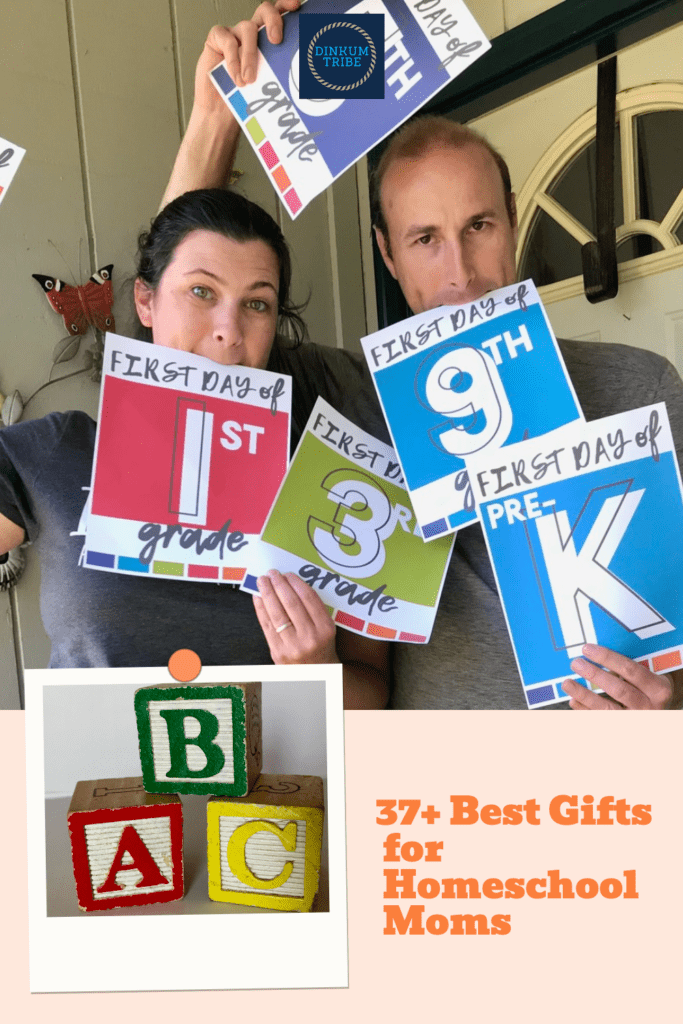
Such an informative post about ADHD. Thanks for sharing!
You’re welcome! I’m so glad you found it helpful!
I love this post so much! The rawness of Rook’s writing tears at my heart, I’d love to meet her in person and give her a big hug. I love the part “what I know now”! Yes, you are great and a genius and all those amazing things! Don’t ever let anyone tell you otherwise.
Wow, thank you so much! I really appreciate it, and I’m glad you liked the post!
Right?! So many of us didn’t see ourselves that way until we got to adulthood – and I still struggle too.
This is such an enlightening read! Your daughter is already so full of wisdom and character! Amazing!
Thank you. Rook is super insightful.
I am thankful for sharing your story and writing this Rook, with this information it can be helpful to others kids and parents. For me, I didn’t know there is so much to understand with ADHD and its classifications.
Looking forward to more of your writings.
Thank you! I’m glad you got something out of this! Honestly there’s just so much fascinating information and discoveries out there when it comes to ADHD and neurodivergency (I probably misspelled that) so I really enjoy writing about it and I’m hoping to write more on it in the future, partly because I like writing on it and partly because, well, I have it. A lot of my knowledge about it was gained from books on it, the Hacking Your ADHD podcast, and the How To ADHD YouTube channel.
You are such a wonderful parent. Caring and so loving. Your daughter is wonderful, beautiful and filled with love thanks to you and all you do.
Great eye-opening article, thank you.
Thank you! I am blessed with some pretty amazing kids!
Hey I wanted to say how amazing this post was. It takes a lot of courage to speak about trauma and pain when dealing with adhd and masking. I would know!
I am also trying to get a proper diagnosis and I am in my 30’s. Like you I felt the same way in church, that my thoughts were wrong and that I had to force myself to become a neurotypical being. But when I messed up, I was constantly blamed for being rebellious or that I wasn’t trying hard enough.
I am so happy that you are dealing with these emotions and traumas now. That you have family love and support to help guide you on your way. You are not alone and your story will help encourage more people than you know. Thank you for sharing your experience and knowledge.
Thanks for your kind encouragement! I hope you are able to find the help and support you need, too.
Thank you so much. I really appreciate it. I’m so sorry for all of the things you’ve had to go through because of that, especially with the length of time it’s taken to figure it out and how long you’ve had to go without the knowledge of what was really going on. I probably can’t even completely understand it, as I got diagnosed at a much younger age and have a few years to figure it out, but even with that, I feel for you. No one deserves that, regardless of age, where they are, or who they are, and it is so hard to go through that for any length of time. I completely agree with my mother in the hope that you are able to find the help and support you need and deserve. Those of us who have ADHD and trauma are completely deserving of help and support just as much as anyone else, and I hope that everyone who can get it is given it. Thank you so much for your encouragement and for all that you said, I greatly appreciate it.